Soundproofing Your Basement: Ideal for Home Theaters or Studios
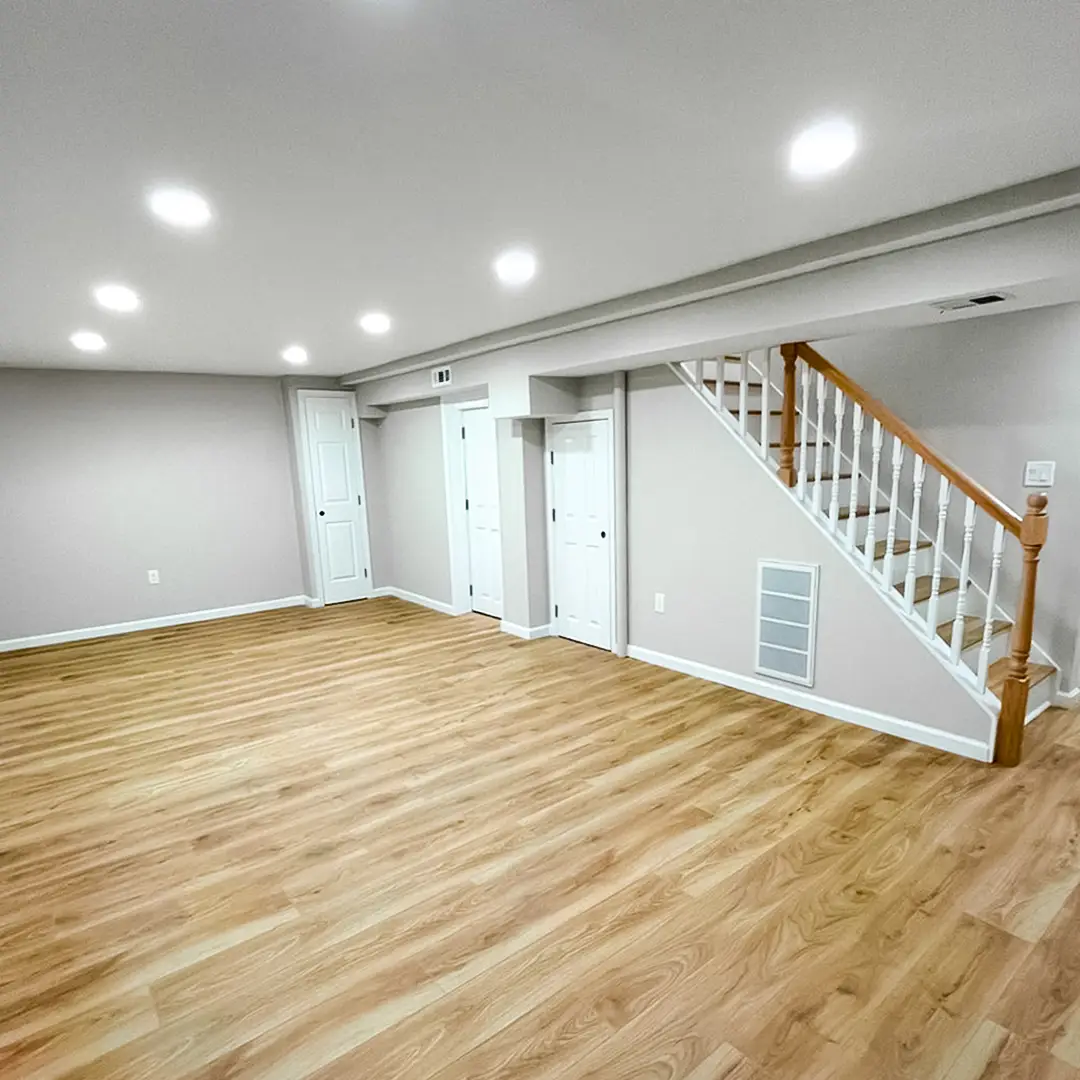
Converting a basement into a functional space opens the door to exciting possibilities like a private home theater, music studio, or quiet home office. But to truly enjoy the space without distractions or disturbing the rest of the household, soundproofing is essential. In this blog, we’ll explore smart and effective soundproofing strategies to help you reduce noise transmission, improve acoustics, and transform your basement into a peaceful and practical retreat.
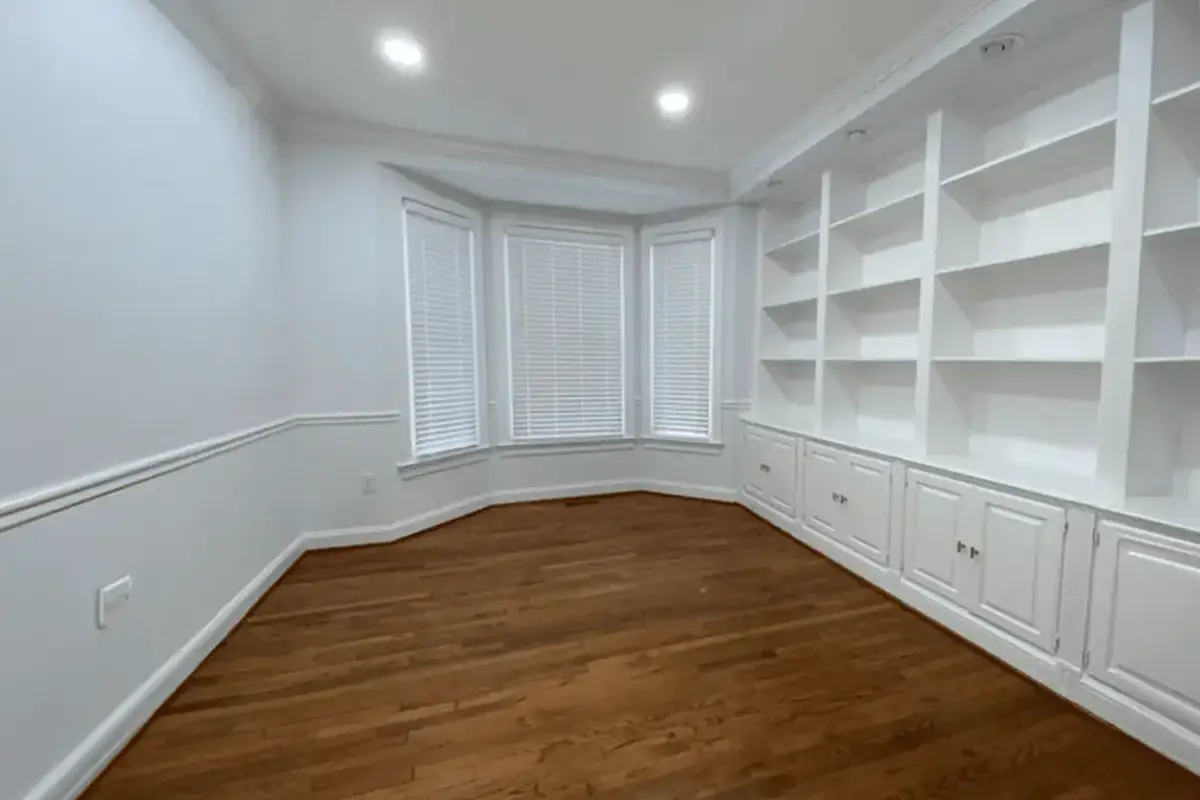
Why Soundproofing Matters
Basements are naturally more isolated than other rooms, but they still allow sound to travel through ceilings, walls, and ductwork. Whether you're watching movies with surround sound, recording music, or simply taking Zoom calls, reducing noise bleed keeps your experience focused and minimizes disruption in the rest of your home.

Key Soundproofing Techniques
1. Insulate Walls and Ceilings
Use soundproof insulation like mineral wool or acoustic batt insulation inside the walls and ceilings. This helps absorb sound vibrations before they can travel further.

2. Install Resilient Channels
These metal strips separate drywall from framing, reducing the transmission of sound through structural elements.
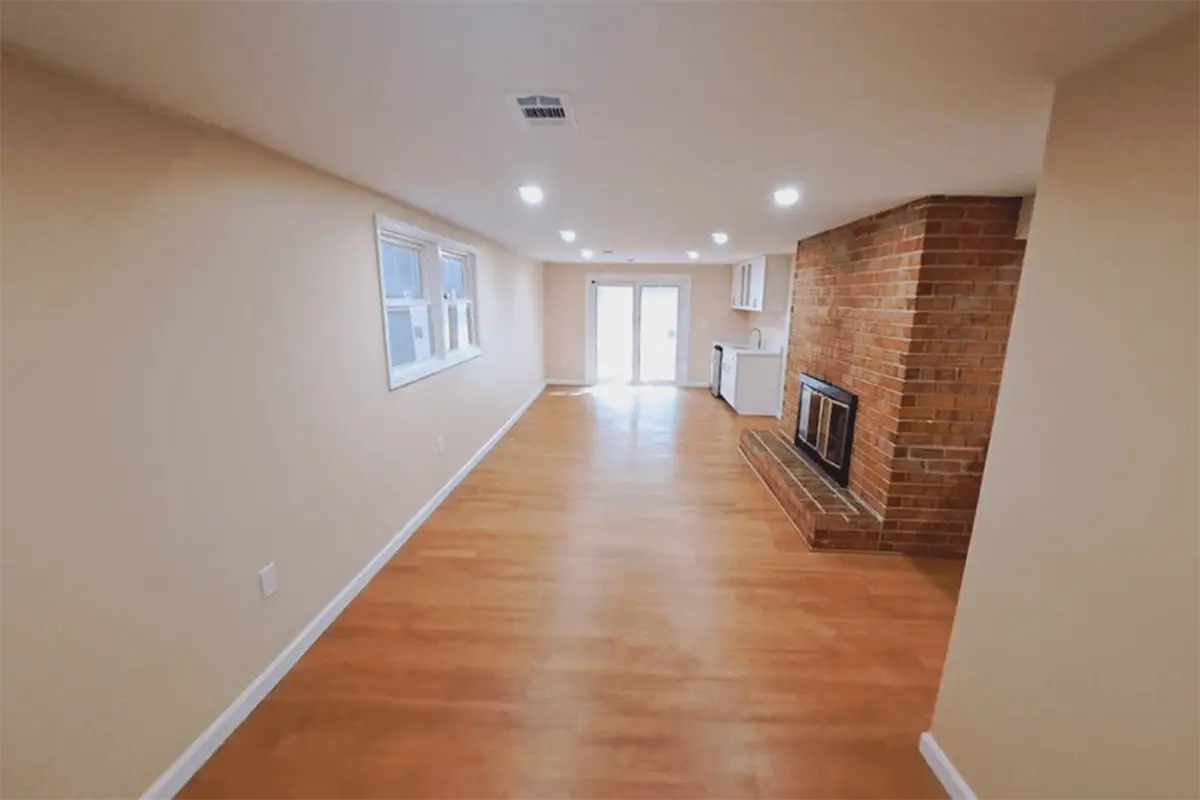
3. Upgrade Drywall with Soundproof Panels
Consider adding an extra layer of drywall or using sound-dampening panels such as QuietRock to block sound more effectively.
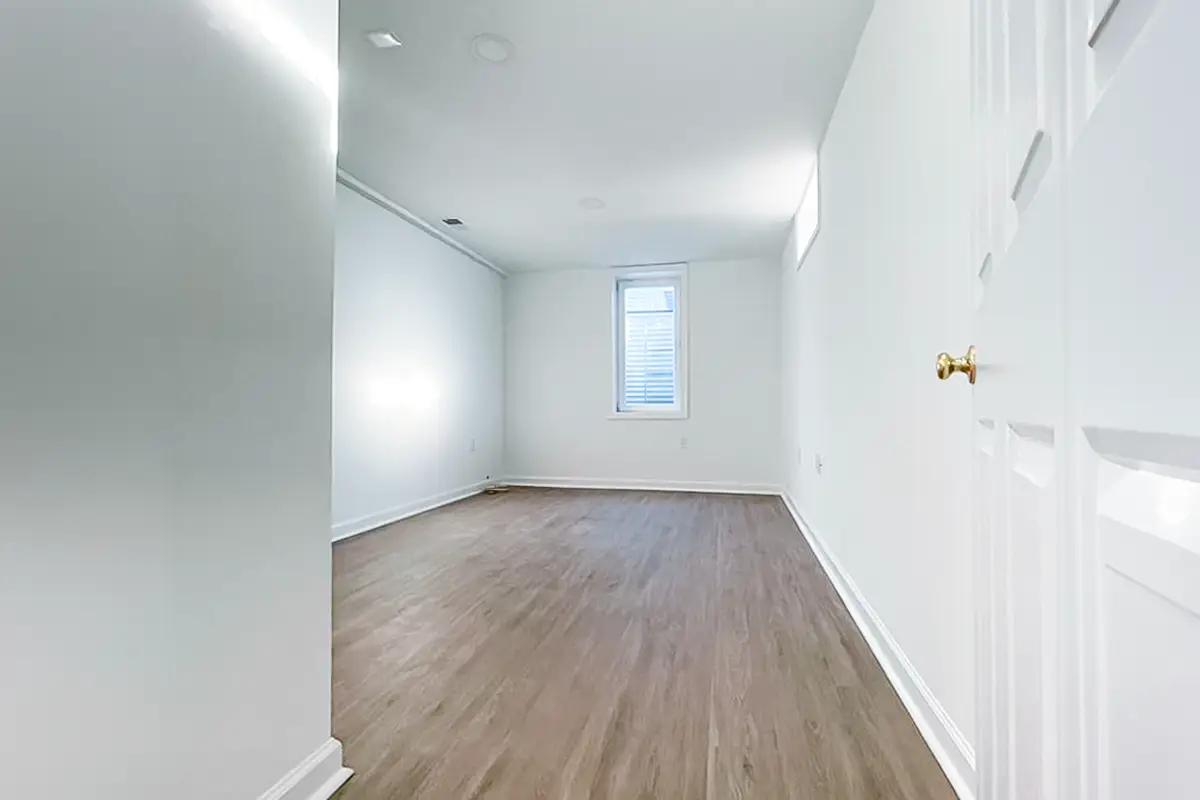
4. Use Acoustic Sealant
Seal gaps around outlets, baseboards, and duct openings with acoustic caulk to prevent sound from leaking through small openings.
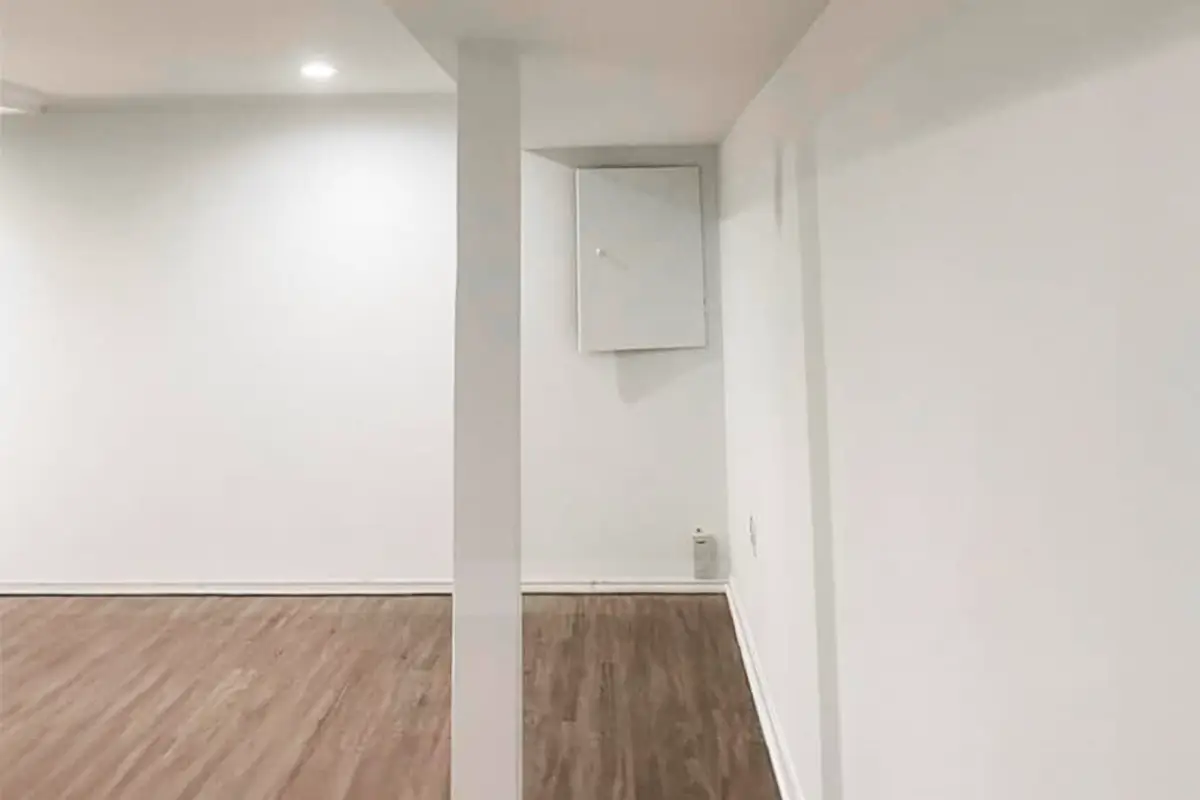
5. Soundproof the Floor Above
Add thick carpeting or soundproof underlayment in the room above your basement to minimize overhead noise.
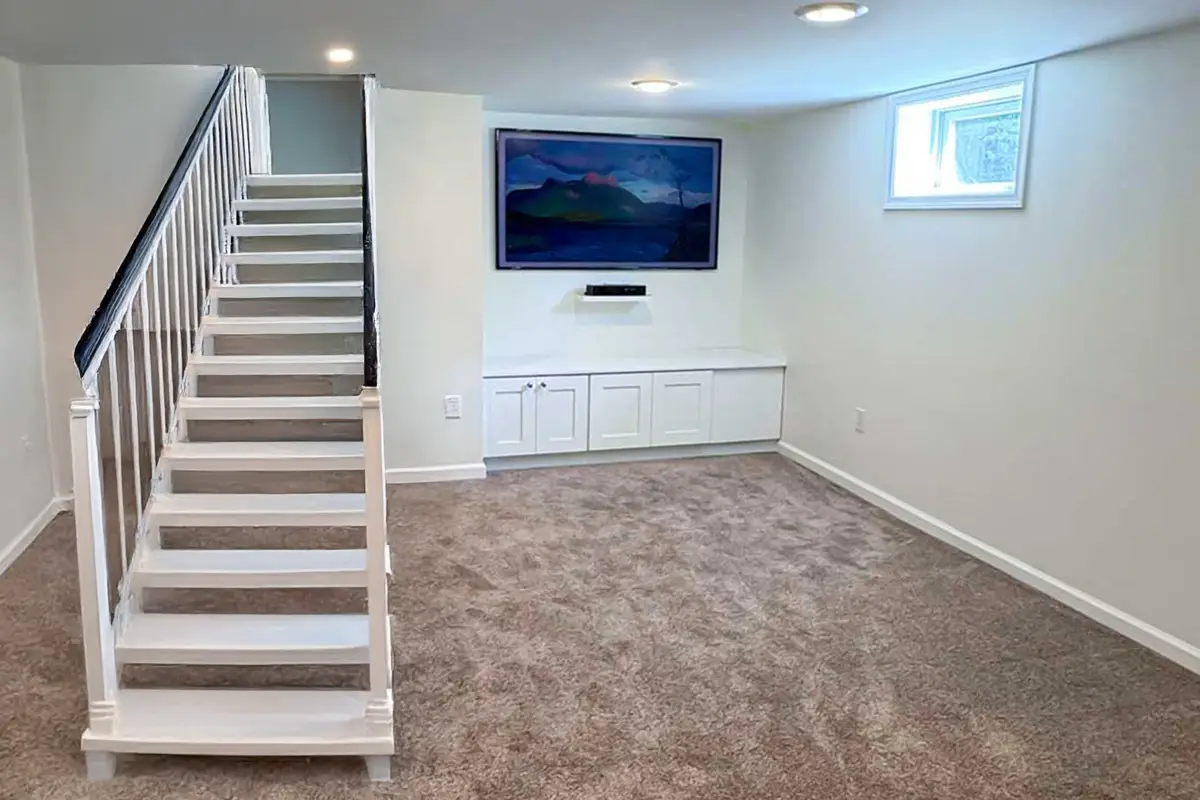

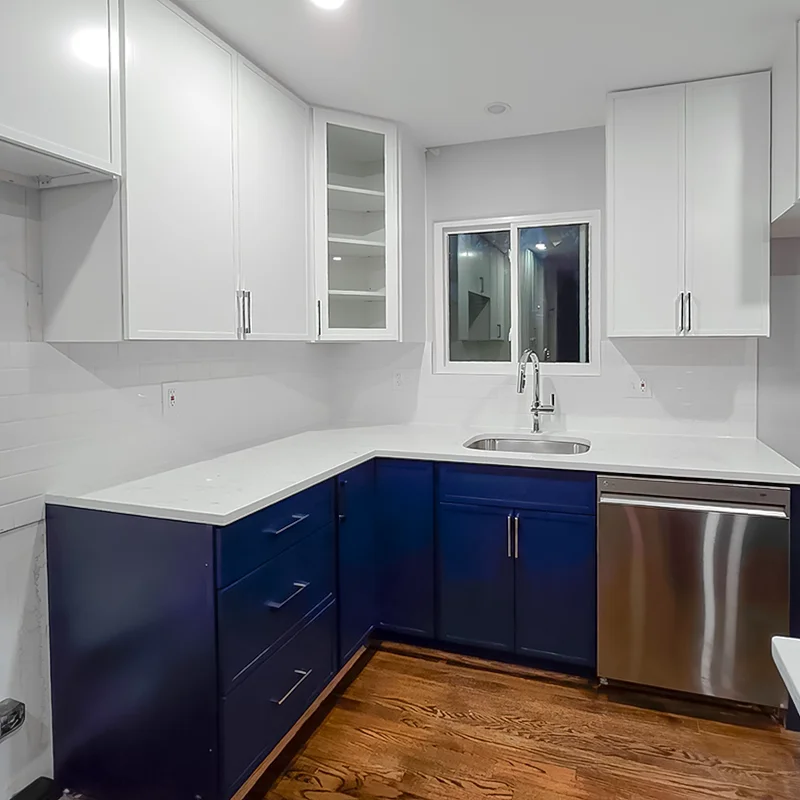
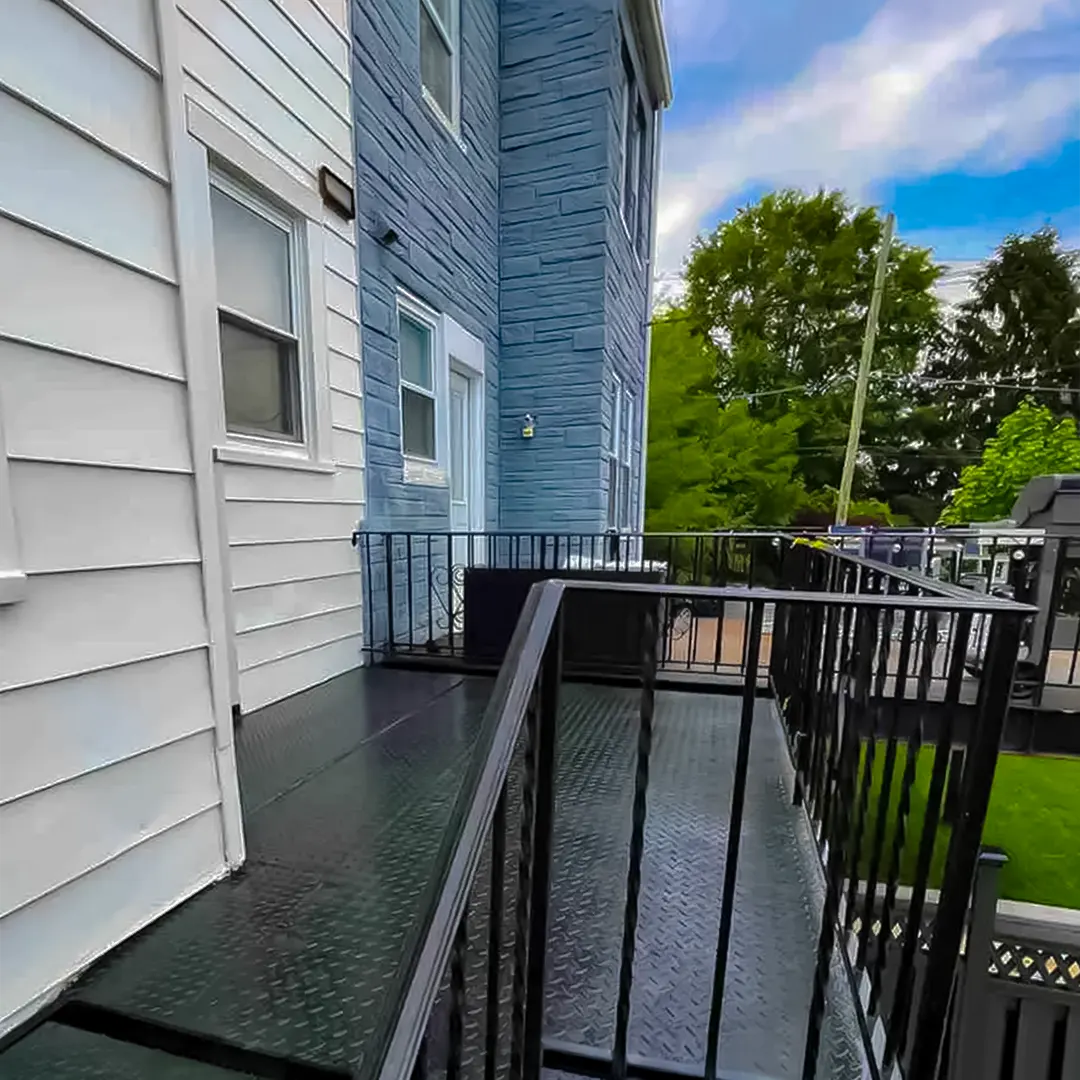
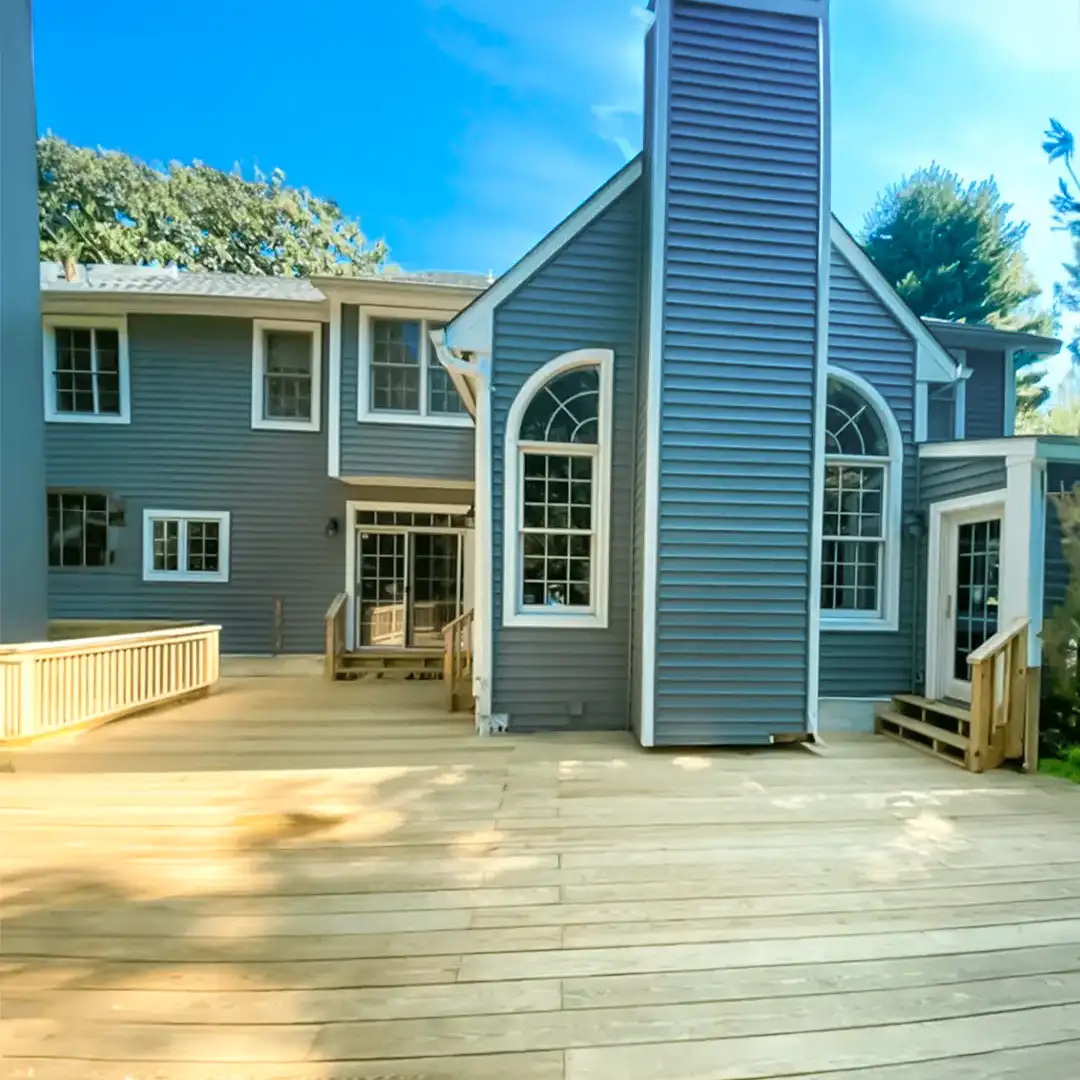
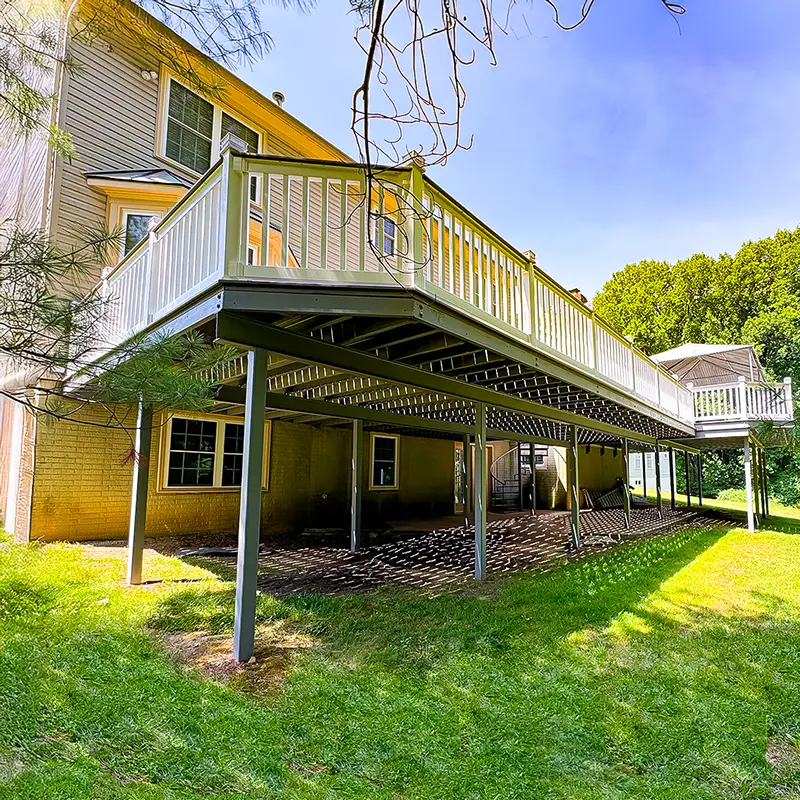
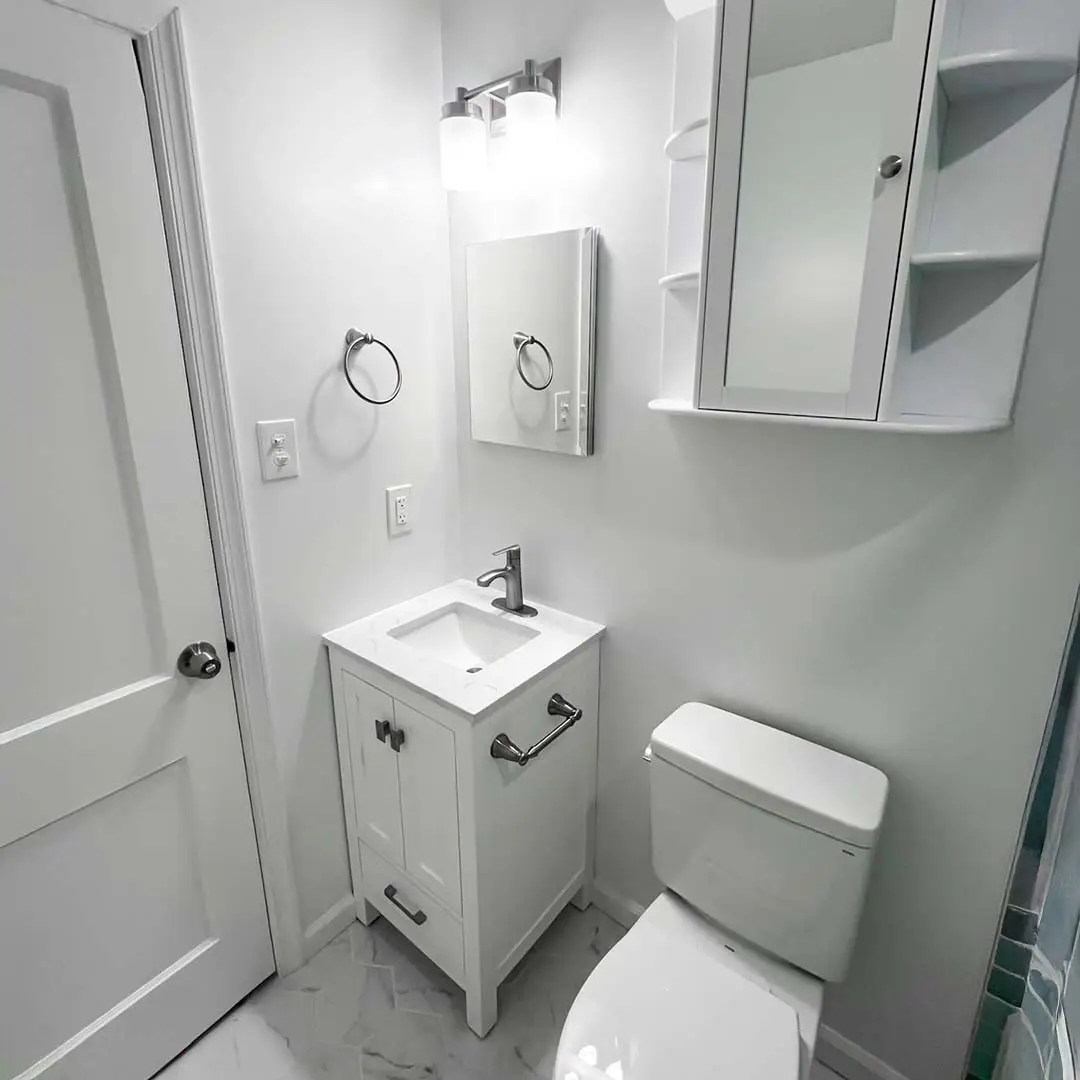
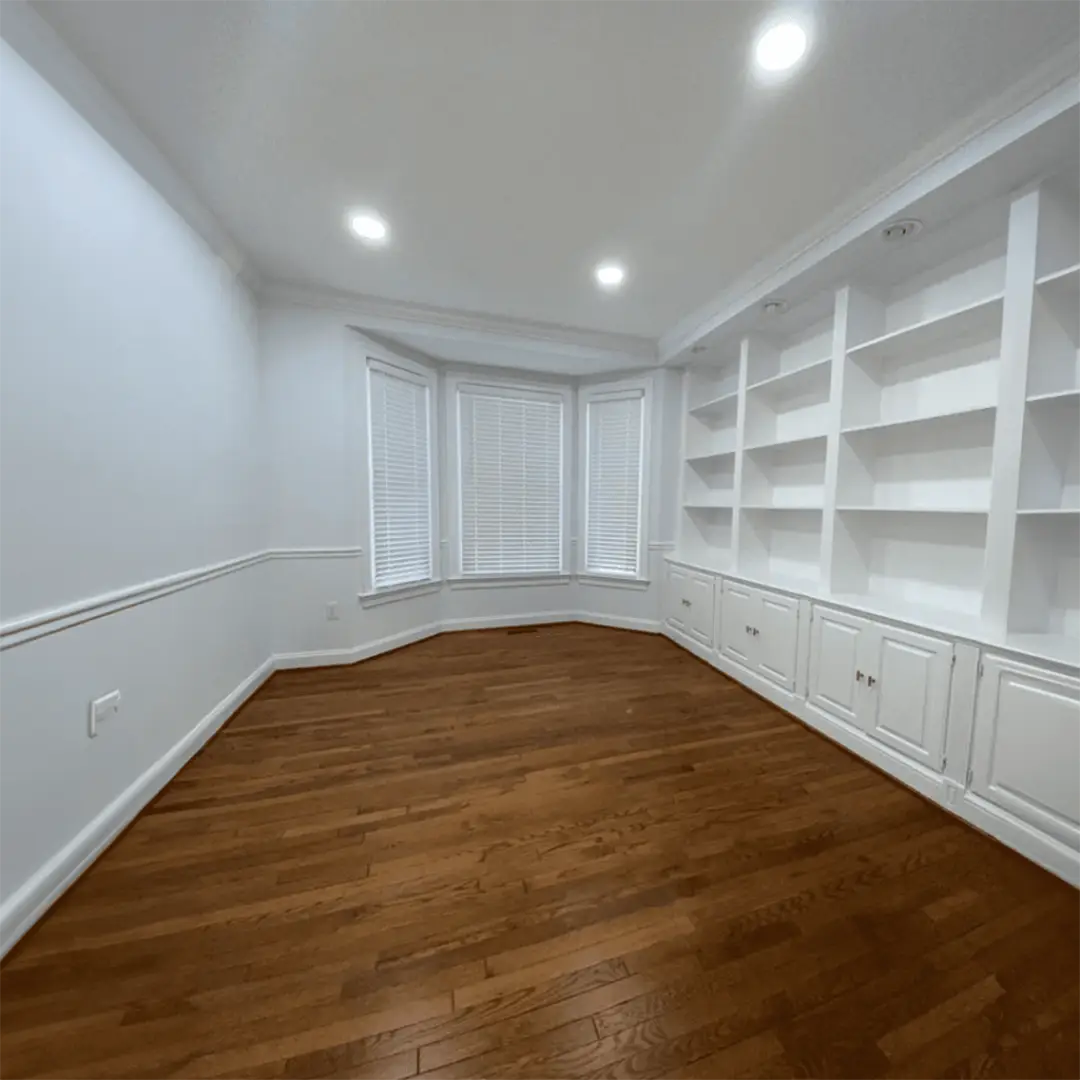
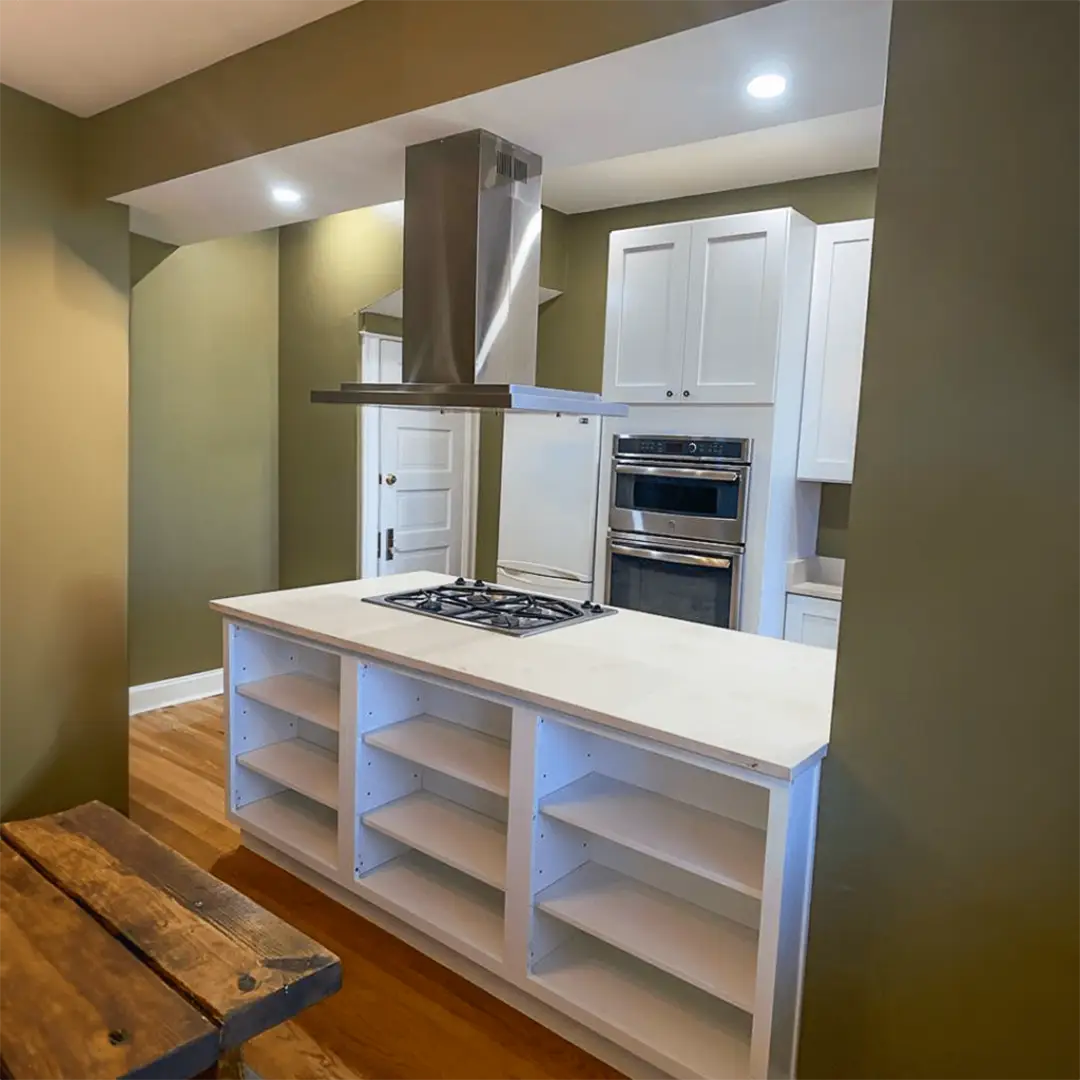



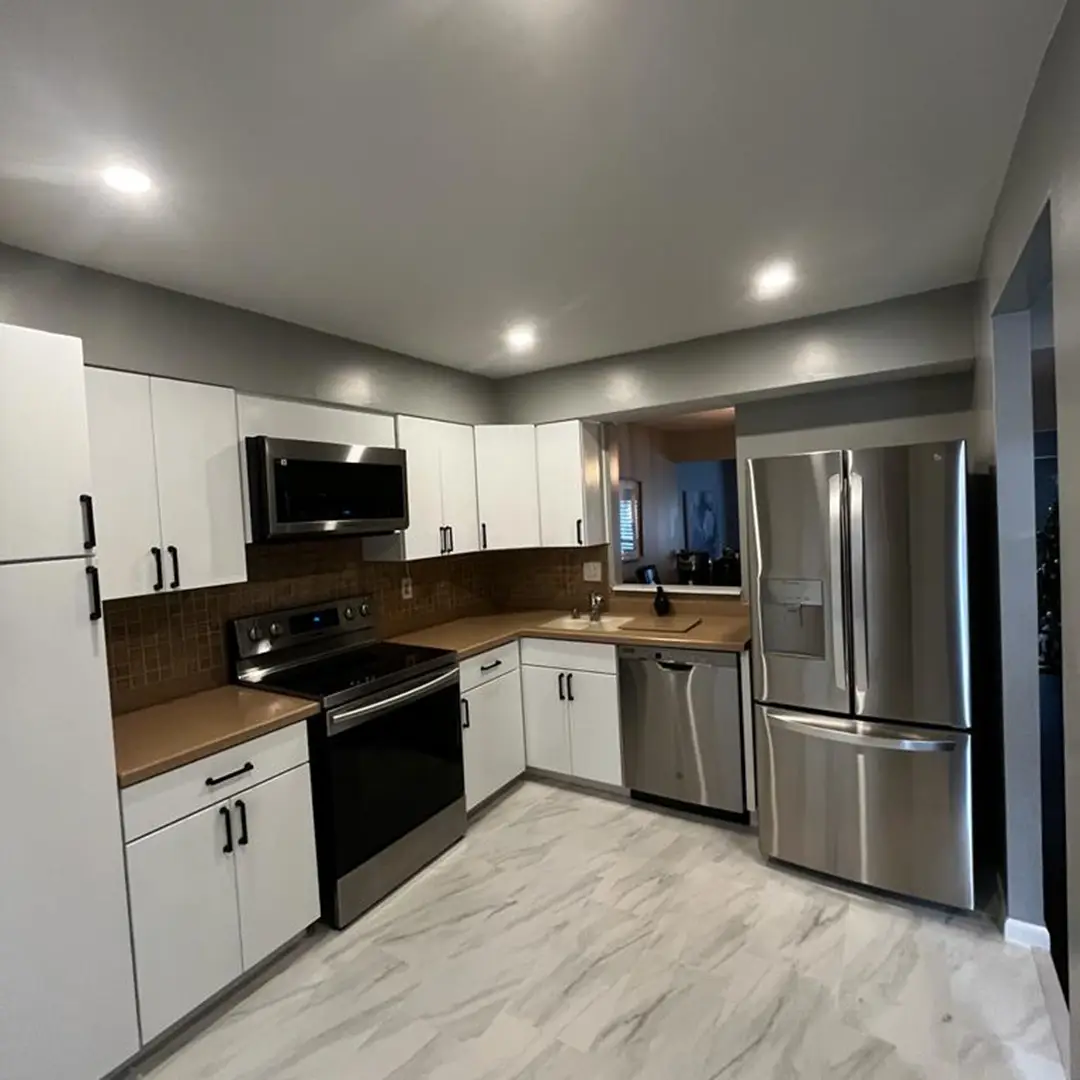





.webp)
.webp0.webpaa.webp)




.webp)









